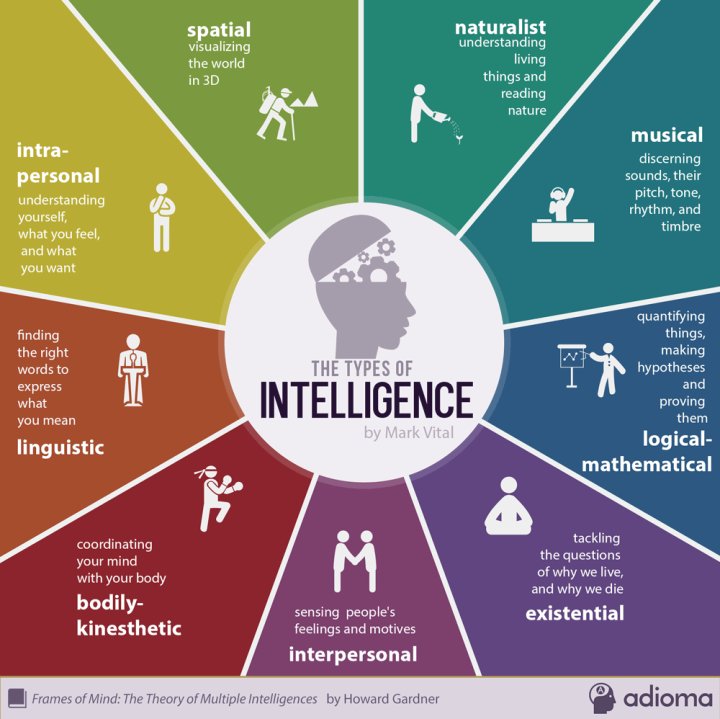I Think Being a Parent Is the Most Difficult Job
Well, I know this is late, but my son DID graduate from high school.
We put him in online school for his final 2 years, because we thought we would have better insights to assignment requirements and due dates, both of which he struggled mightily. We were getting tired of visiting teachers at the local HS to understand what was going on, and if the teacher was more "free form" with assignments, it was a lost cause. I also thought we might be able to work with him and help 180 his work habits.
It was still pure and unadulterated hell. Even though we knew exactly what was coming due, what was past due, etc. he still fought us. In addition, we'd be walking by and instead of school work, he would be playing video games. He'd close his PC at 4pm, and refuse to do any more work. Weekends were spent fighting to get him to complete assignments.
If we let him be (let him fail), he would. He barely passed.
Well, it's finally over. I'd like to say I was proud of him, but frankly, without our constant intervention he wouldn't have made it.
He won't be going to college. School is not his thing; we've all agreed. Someday he may take initiative to get a degree, but that's on him. He's decided to do an electricians apprenticeship. One thing, is I do have confidence in him, in the things he chooses, at least enough to be good at it (not great).
The one highlight, of which I am proud, was he stuck with orchestra (viola) from grade school all the way through. He picked that. He attended the local HS early mornings. He participated in every orchestra extra-curricular. It was the only class we could be assured of an A. On the final day, they awarded him a $125 scholarship for his participation.
We put him in online school for his final 2 years, because we thought we would have better insights to assignment requirements and due dates, both of which he struggled mightily. We were getting tired of visiting teachers at the local HS to understand what was going on, and if the teacher was more "free form" with assignments, it was a lost cause. I also thought we might be able to work with him and help 180 his work habits.
It was still pure and unadulterated hell. Even though we knew exactly what was coming due, what was past due, etc. he still fought us. In addition, we'd be walking by and instead of school work, he would be playing video games. He'd close his PC at 4pm, and refuse to do any more work. Weekends were spent fighting to get him to complete assignments.
If we let him be (let him fail), he would. He barely passed.
Well, it's finally over. I'd like to say I was proud of him, but frankly, without our constant intervention he wouldn't have made it.
He won't be going to college. School is not his thing; we've all agreed. Someday he may take initiative to get a degree, but that's on him. He's decided to do an electricians apprenticeship. One thing, is I do have confidence in him, in the things he chooses, at least enough to be good at it (not great).
The one highlight, of which I am proud, was he stuck with orchestra (viola) from grade school all the way through. He picked that. He attended the local HS early mornings. He participated in every orchestra extra-curricular. It was the only class we could be assured of an A. On the final day, they awarded him a $125 scholarship for his participation.




